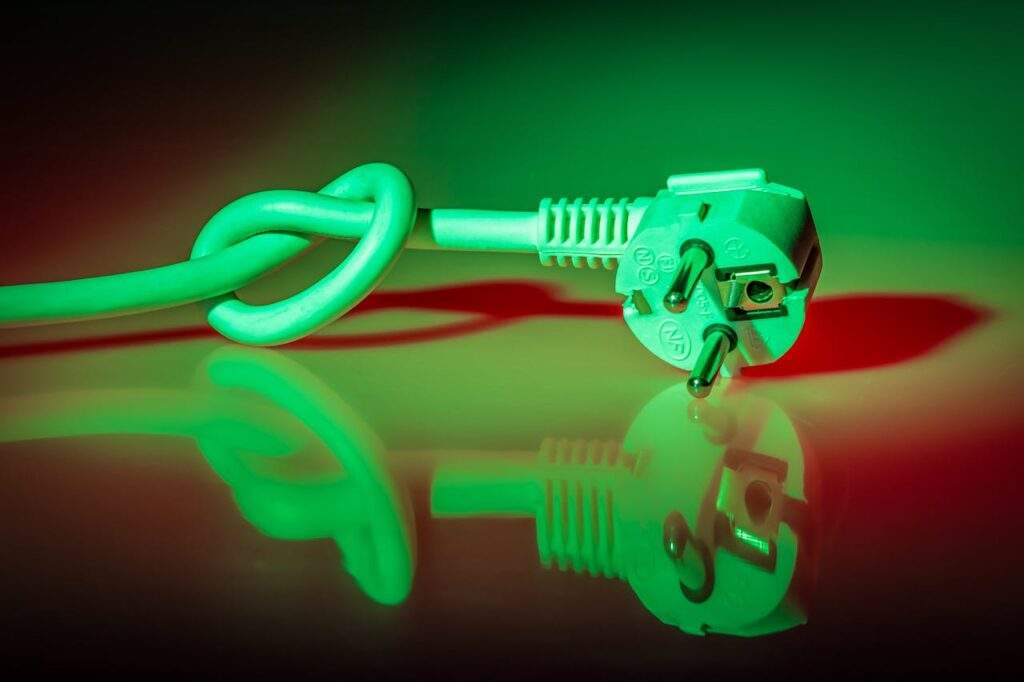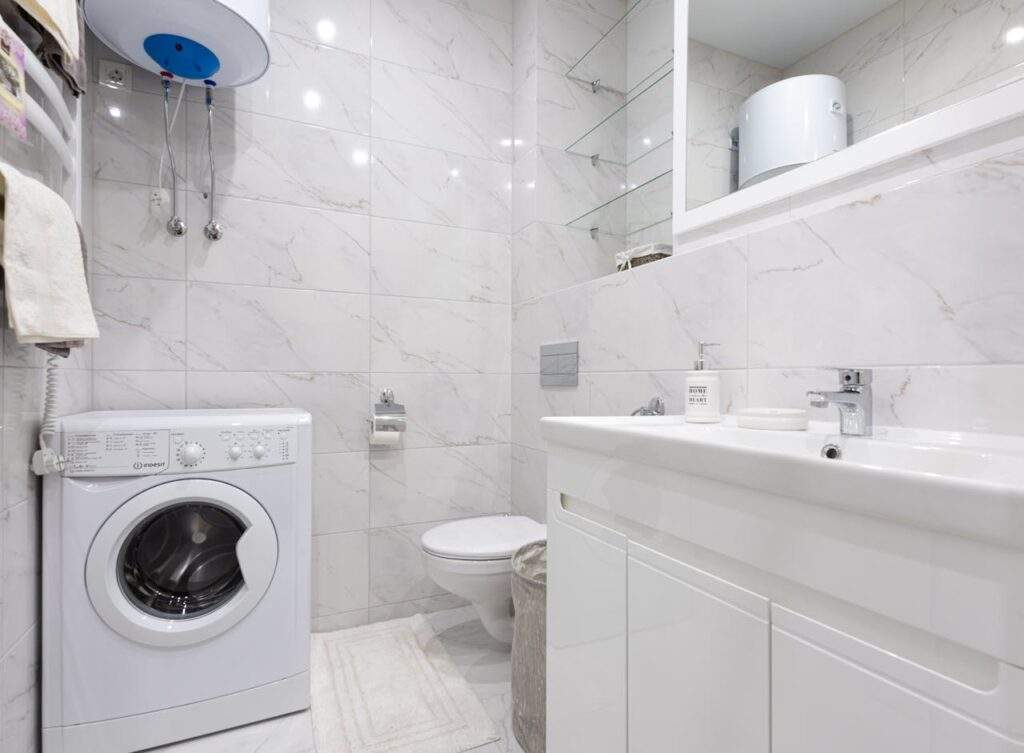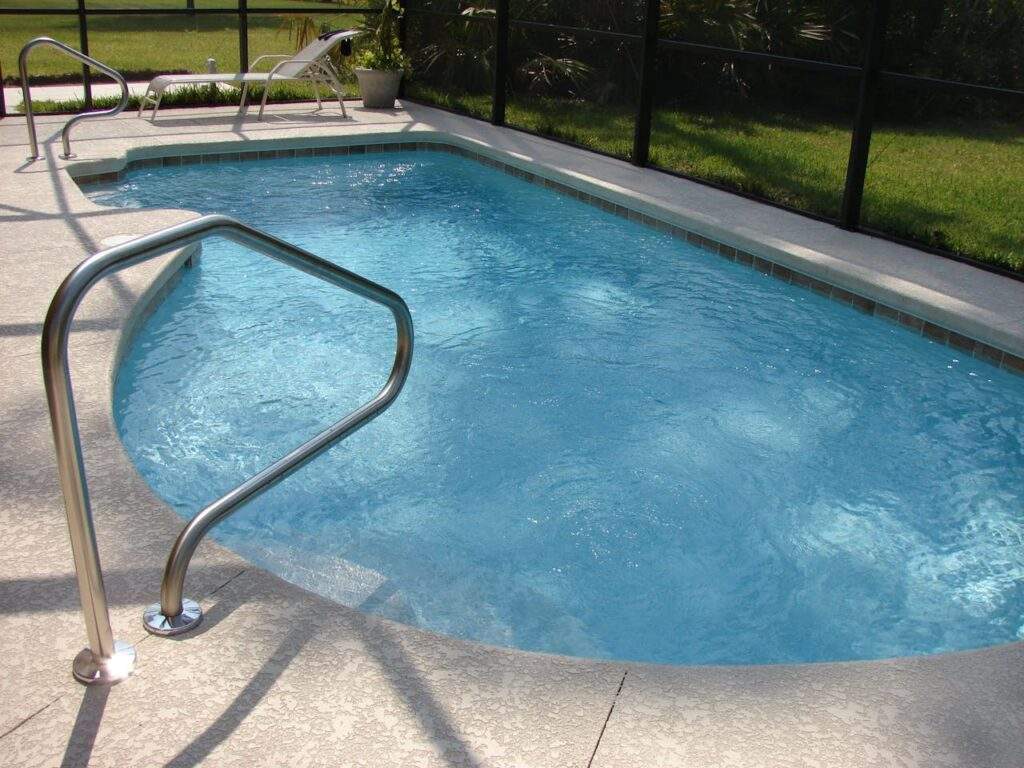
Whether planning a long vacation, heading overseas for work, or renting out your home, minimizing power usage while your house is vacant is essential in reducing costs and your carbon footprint. Preparing your home in advance not only helps you save money but also ensures you return to a safe and energy-efficient environment. Here’s how to effectively minimize power usage when leaving your home unoccupied.
Assess and Unplug Non-Essential Appliances
One of the simplest ways to reduce power usage is to unplug all non-essential appliances. Many devices and electronics consume electricity even when turned off, a phenomenon known as “phantom power.” Items like televisions, computers, chargers, and kitchen gadgets continuously draw power unless they are unplugged. Walking through each room and disconnecting these devices ensures that no unnecessary electricity is consumed while you’re away. It’s also an excellent opportunity to check for older or faulty electronics that might not be energy-efficient.
Set Your Thermostat to an Energy-Saving Mode
Heating and cooling systems are among the biggest energy consumers in any home. Adjusting your thermostat before leaving can make a substantial difference in your energy usage. In winter, set the thermostat to a lower temperature above freezing to prevent pipes from bursting. During summer, raise the temperature to a level that keeps the air circulating without overworking the system. Many modern thermostats come with “vacation” or “energy-saving” modes that automatically maintain an efficient balance, so make sure to utilize these features. If you don’t already have one, consider installing a programmable thermostat that allows remote access, giving you control even when you’re far from home.
Switch Off Lights and Install Timers
Lighting accounts for a significant portion of household energy use. Before leaving, ensure that all lights are turned off. If you prefer to leave some lights on for security reasons, consider installing timers or smart bulbs. Timers allow lights to turn on and off at specific intervals, mimicking your presence and deterring potential intruders without continuously consuming power. Alternatively, smart bulbs can be controlled remotely through a smartphone app, offering more flexibility and precise control over your lighting even when you’re miles away.
Utilize Power Strips for Efficiency
Grouping electronics into power strips can be an efficient way to manage energy usage. Plugging multiple devices into a single power strip lets you easily turn them off all at once. This method is especially useful for home entertainment systems or office setups with several components that often remain plugged in. When you leave, simply switch off the power strip to cut off electricity to all connected devices, minimizing energy waste.
Adjust Your Water Heater Settings
Water heaters are another major source of power consumption in a household. When leaving your home vacant, adjust the settings to avoid unnecessary heating. Most water heaters have a “vacation mode” or a low setting designed for times when the house is unoccupied. This feature reduces the energy used to maintain hot water, saving power and lowering your utility bill. If your water heater doesn’t have this function, manually turning it off or setting it to a minimal temperature can achieve the same effect.

Shut Down the Main Water Supply
A simple but effective step in protecting your home and reducing energy usage is shutting down the main water supply. This precaution prevents potential water damage from leaks and reduces the power required for water-related appliances, such as pumps and water heaters. Drain any remaining water in the system to prevent freezing in colder climates. Additionally, turning off the water supply minimizes the risk of any unexpected issues while you’re away, giving you peace of mind.
Pack and Protect Your Refrigerators
Refrigerators are one of the few appliances that typically remain plugged in during a homeowner’s absence. However, if you plan to leave your house vacant for an extended period, consider emptying and unplugging your fridge. Leaving the doors open helps prevent mold and unpleasant odors. On the other hand, if unplugging is not an option, raise the temperature to the highest safe level to reduce energy usage while keeping your items cool. Packing the fridge with bottles of water or other non-perishable items can help it maintain its temperature more efficiently.
For those relocating or leaving their homes for a longer period, it’s important to store appliances and belongings safely. When moving overseas, let professionals handle it through packing and crating services to ensure that your appliances and other valuable items are properly transported and stored safely.
Shut Down Unused Rooms
If you live in a multi-room home, closing off unused rooms when leaving for an extended period can be an effective way to save energy. By closing doors and vents to these rooms, you limit the amount of space that needs to be heated or cooled. This allows your HVAC system to work more efficiently by focusing on maintaining a consistent temperature in essential areas only. Additionally, it reduces overall power consumption, leading to significant savings.
Turn Off or Minimize the Use of Outdoor Systems
Many homes have outdoor systems such as irrigation, landscape lighting, or pool pumps that continue to operate even when the house is vacant. To minimize power usage, turn off or reduce the frequency of these systems. For sprinklers, ensure the schedule is adjusted to fit the needs of your garden during your absence. Landscape lighting can be placed on timers or smart controls to minimize use. If you have a pool, reducing the pump’s operating hours to the bare minimum necessary to maintain water circulation will help conserve energy.

Ensure Proper Security Measures Without Overusing Energy
Security is a priority when leaving a house unoccupied, but it doesn’t have to result in high power consumption. Installing motion-sensor lights rather than continuous lighting outside your home can deter intruders without excessive energy use. Similarly, a smart security system with cameras that activate upon detecting movement is a practical and energy-efficient solution. These devices often come with app access, allowing you to monitor your property remotely. Ensuring that your security system and lighting are powered efficiently is a crucial step in keeping your home safe and minimizing power usage.
Minimizing Power Usage Effectively
As you can see, if you want to minimize power usage when leaving your house vacant, you can’t think it’s just about the money—it’s also about practicing responsible energy management and contributing to a greener environment. By taking proactive measures like adjusting your thermostat, unplugging appliances, optimizing window treatments, and utilizing smart technologies, you can ensure your home remains safe and efficient even when you’re not there. Whether leaving for a short vacation or moving overseas, being mindful of energy use keeps your house in optimal condition, reduces utility bills, and promotes a more sustainable lifestyle.
